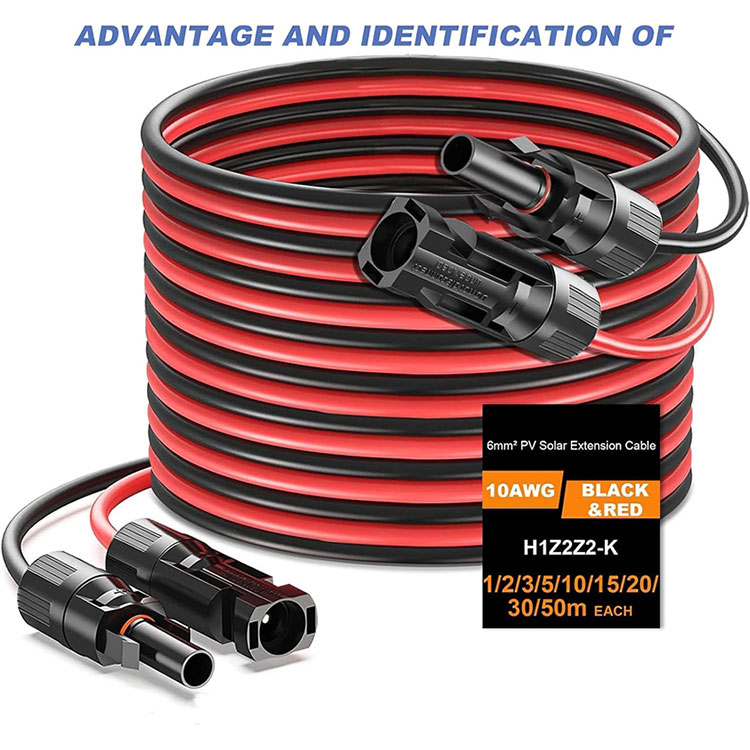Why Is UV Resistance Critical in a Solar Cable
2025-11-12
When investing in a solar energy system, every component must be built to last, and the Solar Cable is no exception. A critical, yet often overlooked, feature is its resistance to ultraviolet (UV) radiation. Standard cables can degrade quickly when exposed to direct sunlight, leading to cracking, insulation breakdown, and serious safety hazards. This is where the superior engineering of a Paidu Solar Cable truly shines, offering unparalleled protection against the sun's relentless rays.
Continuous UV exposure breaks down the molecular structure of a cable's insulation. This leads to:
-
Embrittlement and Cracking: The insulation becomes brittle and cracks, exposing the inner conductors.
-
Loss of Insulation Properties: This increases the risk of short circuits, power leaks, and potential fire hazards.
-
Color Fading: The outer jacket fades, which can also relate to a breakdown in material integrity.
Paidu Solar Cable: Engineered for Endurance
Our Paidu Solar Cable is specifically formulated to withstand harsh environmental conditions. We don't just meet industry standards; we exceed them to ensure long-term reliability and performance.
Key Product Parameters:
| Feature | Specification | Benefit |
|---|---|---|
| UV Resistance | Excellent, based on stringent UV aging tests | Prevents cracking and degradation for long-term outdoor use. |
| Conductor Material | High-purity, tinned copper | Provides superior conductivity and protects against corrosion. |
| Insulation & Jacket | Premium Cross-Linked Polyethylene (XLPO) | Offers excellent thermal stability, weather resistance, and durability. |
| Temperature Range | -40°C to +120°C | Reliable performance in both extreme cold and heat. |
| Certifications | TÜV, UL 4703 | Guarantees safety, quality, and international compliance. |
Solar Cable FAQ
What is the difference between a standard electrical cable and a solar cable?
Solar cables are specifically engineered for outdoor use with robust, UV-resistant insulation like XLPO to prevent environmental damage. They are also designed to handle the unique direct current (DC) output of solar panels and have a wider operational temperature range compared to standard cables.
How long does a solar cable typically last?
The lifespan depends heavily on the quality of its materials. A premium, UV-resistant Solar Cable, like those from Paidu, is designed to last over 25 years, matching the lifecycle of your solar panels and ensuring a stable return on your investment.
Can I run a solar cable underground?
Only if it is specifically rated for direct burial. While our Paidu cables have superior UV and weather resistance, for underground conduits, you must use a cable type that is also designed to resist moisture and pressure from soil.
Protecting your energy investment requires components that won't let you down. The advanced UV resistance in our Paidu Solar Cable ensures your system operates safely and efficiently for decades. Don't compromise on the component that carries your power.
Contact us today to learn more about our certified cable solutions and request a sample for your next project.
